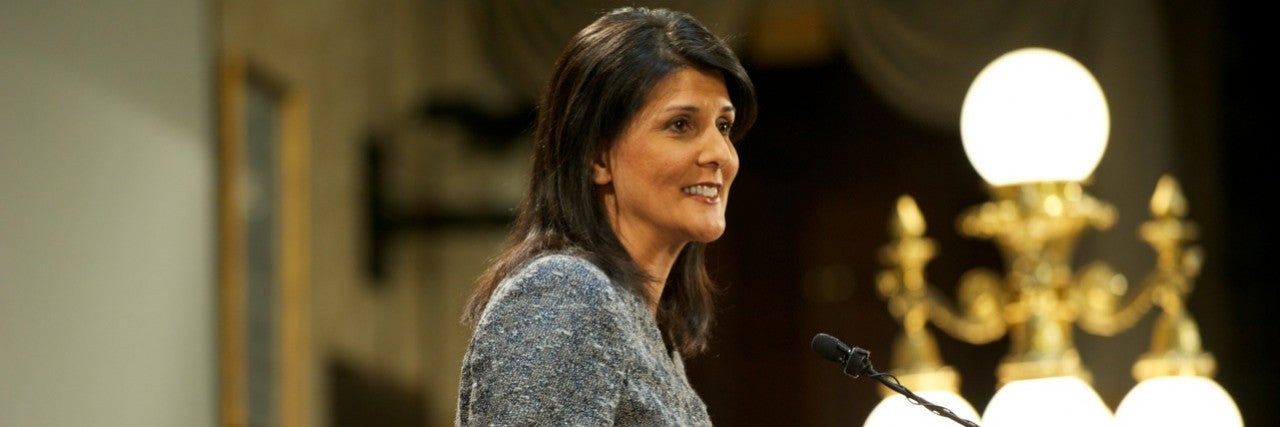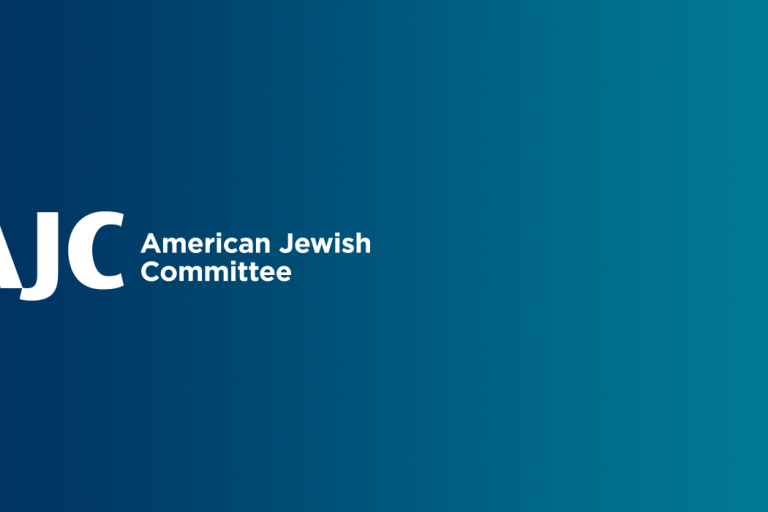January 17, 2017 — New York, New York
In advance of the Senate Foreign Relations Committee hearing on the confirmation of Nikki Haley as U.S. Ambassador to the United Nations, AJC submitted a series of questions to Committee Chairman Bob Corker and Ranking Member Ben Cardin.
AJC is a strictly nonpartisan organization that does not endorse or oppose the confirmation of particular nominees, but, as a global Jewish advocacy organization, AJC has a special interest in the position of UN Ambassador.
“AJC respectfully urges exploration of the following issues relevant to Governor Haley’s position as our nation’s chief envoy to the world body, and her central role in the formulation and implementation of Trump Administration policy in this complex multilateral arena,” wrote Jason Isaacson, AJC Director of Policy, in the letter to Senators Corker and Cardin.
The questions AJC urged the Senators to consider are:
- The creation of the United Nations in 1945 raised high hopes among millions of people around the world. Unfortunately, over the years the world body has too often failed to live up to the principles enshrined in its Charter. Notwithstanding, the UN is part of today’s international system, and without it, we believe, the world could become even more dangerous and be denied the benefit of the UN’s key specialized functions. What actions will Gov. Haley take to help ensure America’s full participation – and leadership – in the work of the UN? What steps will she recommend to steer the UN back to its rightful path?
- The UN Security Council, which is entrusted by the UN Charter with the maintenance of international peace and security, has too frequently failed to carry out its responsibilities – the most recent, and tragic, example being Syria. The Council’s handling of the nuclear threats emanating from North Korea and Iran has also been weak and ineffective. And because of the threat of veto, the Council has been unable to address Russia’s aggression against neighboring countries, notably Ukraine. Given these stark realities, does Gov. Haley think there is anything further to be done, or must these issues be pursued outside the world body?
- Nowhere is the UN’s deviation from its basic principles more evident than in the manner in which the organization treats the State of Israel. Israel is the only UN member not fully included in the regional grouping system. It is subjected, each year, to a series of some 20 one-sided resolutions by the UN General Assembly, and to relentless scrutiny by entities within the UN whose specific mandate is to promote the Palestinian cause against Israel; and it has been repeatedly singled out and censured by the Human Rights Council, including a dedicated agenda item, in Geneva, as well as by UN agencies such as UNESCO. Does Gov. Haley view these issues as a matter of priority for her agenda, and, if so, what steps would she consider pursuing to further dismantle the obstacles to Israel’s full participation in the world body?
- Too often, because of the politicization of the world body, human rights violations are neglected or only selectively addressed. As the U.S. Permanent Representative to the UN, how would Gov. Haley hope to approach this broad and essential subject of human rights, which is at the core of the United Nations Charter?
- President-elect Trump tweeted last month that, “The United Nations has such great potential but right now it is just a club for people to get together, talk and have a good time. So sad!” He has also stated that: “The United Nations is not a friend of democracy, it’s not a friend of freedom, it’s not a friend to the United States, where, as you know, it has its home.” Last year, he told The New York Times that Americans “get nothing out of the United Nations other than good real estate prices. We get nothing out of the United Nations. They don’t respect us, they don’t do what we want, and yet we fund them disproportionately,” he said. Does Gov. Haley believe that this will reflect the new Administration’s policy going forward, and, if so, does she agree with these sentiments? If not, how does Gov. Haley think this Administration’s policies will evolve toward the United Nations?
- Security Council resolution 2334 of December 23, 2016, which the outgoing U.S. Administration chose not to veto, strongly criticized Israel’s settlement policy, while taking a much softer tone toward Palestinian violence, terrorism, illicit arms build-up, and absence of unity. The resolution rewarded a Palestinian strategy of distraction and avoidance of direct negotiations, undermining the prospect of resuming a process that, through clarity and compromise, can resolve this longstanding conflict. What recommendations will Gov. Haley make to ensure that such one-sided UN Security Council resolutions are not repeated? What measures will she take to deter the Palestinians and their allies at the UN from seeking an internationally imposed solution instead of a negotiated settlement with Israel?
- The UN Security Council, in various resolutions and presidential statements, has referred to the Temple Mount, Judaism’s holiest site, only by its Muslim name (Haram al-Sharif), thus ignoring this site’s Jewish links, which preceded by thousands of years the advent of Islam in the seventh century. Would Gov. Haley pledge to reject future UNSC resolutions and statements referring to the Temple Mount unless both its Jewish and Muslim names are mentioned?
- For the first time since becoming a member of the UN in 1949, Israel is running for a UN Security Council seat, as a candidate in WEOG, for 2019-2020. Will Gov. Haley support this bid and seek to help our ally and friend, Israel, win broader support?


